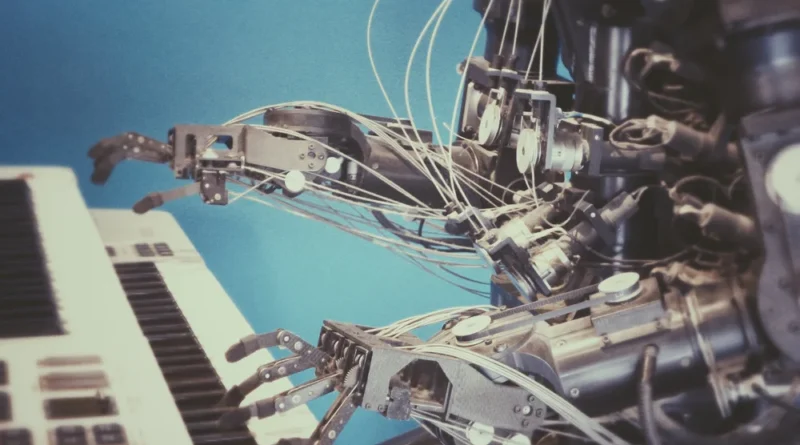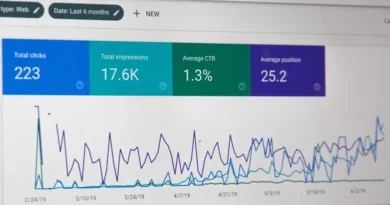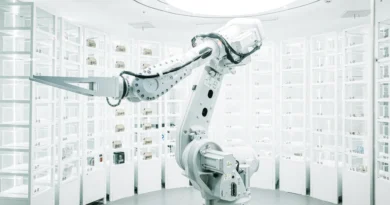Artificial Intelligence vs. Human Intelligence: Exploring the Boundaries
Artificial Intelligence (AI) has made remarkable strides in recent years, raising questions about its capabilities compared to Human Intelligence. This article delves into the fascinating realm of Artificial Intelligence and Human Intelligence, exploring the boundaries, differences, and potential synergies between the two.
Understanding Artificial Intelligence
Artificial Intelligence refers to the ability of machines or computer systems to perform tasks that typically require human Intelligence. AI systems use algorithms and data to analyze, interpret, and learn from information, enabling them to make informed decisions and carry out complex tasks. AI encompasses various subfields, including machine learning, natural language processing, and computer vision.
Human Intelligence: The Unique Human Advantage
Human Intelligence is a complex and multifaceted phenomenon. It encompasses cognitive abilities such as reasoning, problem-solving, creativity, emotional Intelligence, and social interactions. Unlike AI, human Intelligence is characterized by consciousness, self-awareness, empathy, and the ability to make intuitive leaps that may not be explainable through algorithms.
AI’s Strengths and Limitations
Artificial Intelligence exhibits numerous strengths that set it apart from human Intelligence. AI excels in tasks that require data processing, pattern recognition, and repetitive computations. AI systems can analyze vast amounts of data in a short period, enabling quick and accurate decision-making. However, AI has limitations in areas that require common sense, context understanding, and moral reasoning—areas where human Intelligence excels.
The Synergy Between AI and Human Intelligence
While AI and human Intelligence differ significantly, there are emerging opportunities for synergy and collaboration. AI can augment human capabilities by automating routine and time-consuming tasks, freeing human professionals to focus on higher-level cognitive functions. Conversely, human Intelligence can provide critical contextual understanding, ethical decision-making, and creative thinking that AI currently struggles with.
Ethical Considerations and Bias
Ethical considerations emerge as AI becomes increasingly integrated into various aspects of society. AI systems are designed and trained by humans, which means they can inherit human biases and prejudices. Ensuring fairness, transparency, and accountability in AI systems is crucial to prevent unintended discrimination or unethical outcomes. Human Intelligence plays a vital role in guiding the development and deployment of AI ethically and responsibly.
Exploring AI’s Impact on Employment
The rise of AI has sparked concerns about its impact on employment. While AI automation may replace specific job roles, it also creates new opportunities and demands for human skills. The key lies in reskilling and upskilling the workforce to adapt to the changing landscape. Instead of fearing AI as a threat, society can harness its potential to enhance productivity, improve job satisfaction, and create new employment avenues.
Pushing the Boundaries of AI and Human Intelligence
Advancements in AI technology continue to push the boundaries of what is possible. Researchers are exploring avenues such as explainable AI, where AI systems can provide insights and justifications for their decisions. Additionally, advancements in brain-computer interfaces aim to create synergistic systems where humans and AI can communicate and collaborate seamlessly.
Also read: What is Natural Language Processing? A Brief Introduction
Conclusion
Artificial Intelligence and Human Intelligence are distinct yet complementary forces. AI possesses strengths in data processing, pattern recognition, and computational efficiency, while human Intelligence brings unique qualities such as intuition, creativity, and ethical decision-making. By understanding the boundaries and potential synergies between the two, we can leverage AI to augment human capabilities, drive innovation, and address complex challenges in a rapidly evolving world.
As AI technology continues to evolve, it is essential to navigate the ethical considerations, biases, and societal impacts associated with its deployment. Striking the right balance between AI and human Intelligence can lead to a future where humans and machines work together harmoniously, achieving outcomes that surpass what either could accomplish individually.




